12th Berlin Biennale review: a fiercely political exploration of reparation and modern angst
As the Berlin Art Week festivities enter full swing (14-18 September) it's the last chance to see the 12th Berlin Biennale curated by Kader Attia. It tells a poignant, sometimes-crushing story of globally interconnected histories and the angst of modernity
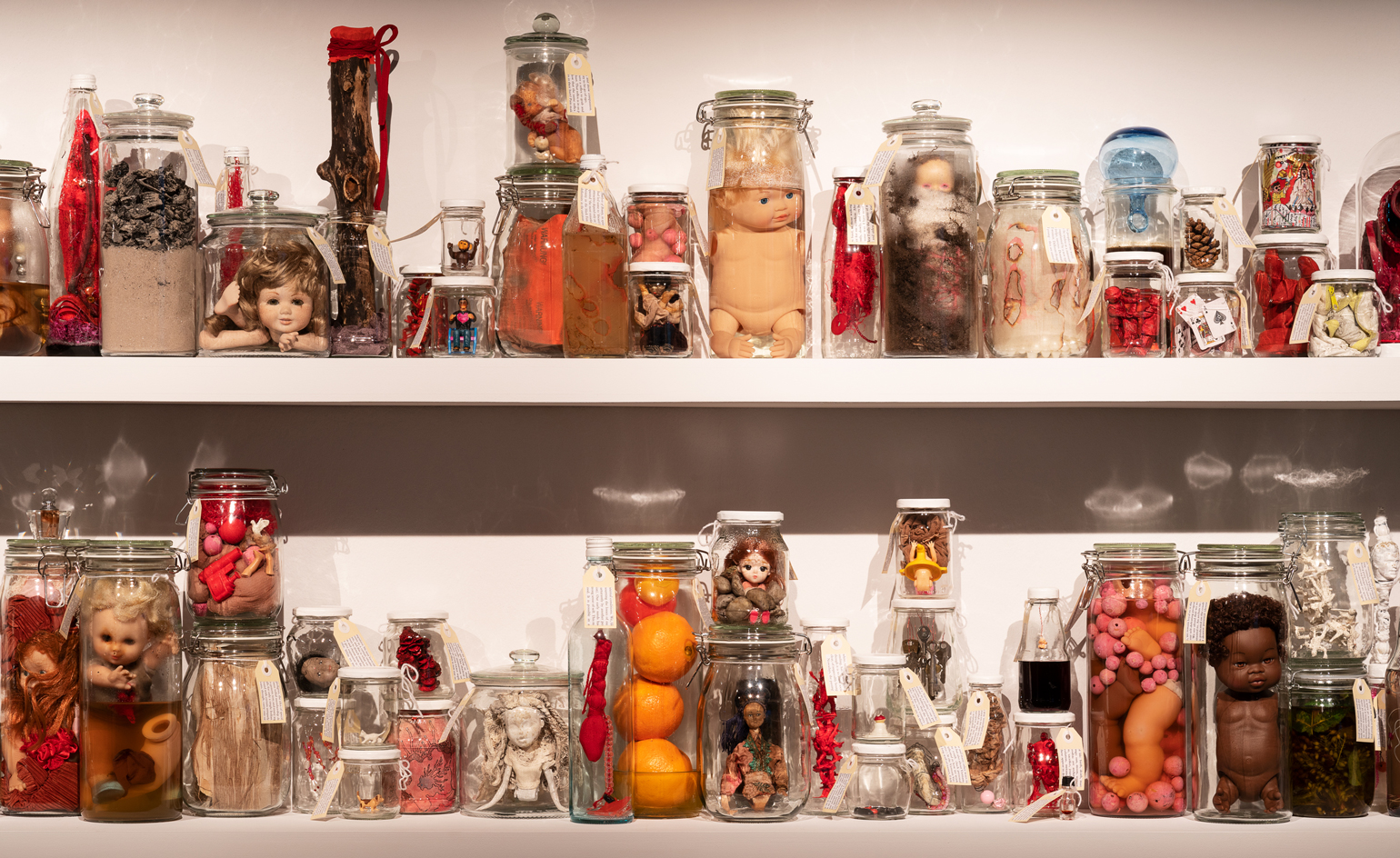
Receive our daily digest of inspiration, escapism and design stories from around the world direct to your inbox.
You are now subscribed
Your newsletter sign-up was successful
Want to add more newsletters?
A fiercely political Berlin Biennale curated by acclaimed artist Kader Attia brings works by 70 artists and collectives to five venues and one public location across the German capital this year under the title ‘Still Present!’ Despite its defiant ring (of having perhaps endured, say, a pandemic), the titular proclamation, explains Berlin-based Attia, refers to the imperialist, colonial, and capitalist structures that haunt us in the 21st century. ‘The seeds of fascism are there. They have never disappeared. They are in the blind spots of our perception of modernity,’ he said at the press conference.
The French-Algerian artist’s own practice engages with the notion of repair, and his thesis-driven show is centred on the argument that rendering visible the injuries of the past is crucial to setting a process of correction in motion.
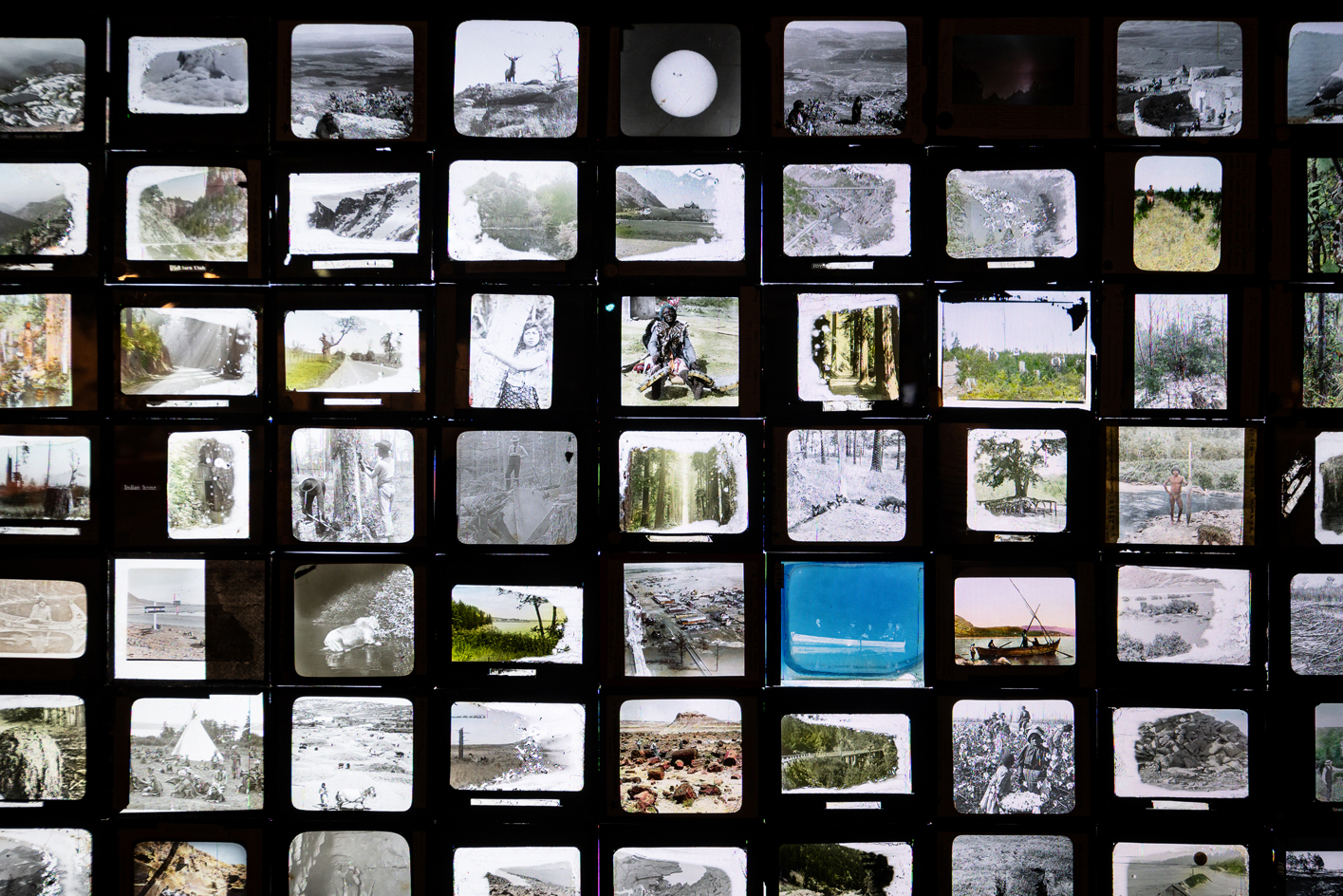
Dana Levy, installation view, 12th Berlin Biennale, Akademie der Künste, Hanseatenweg, 11.6.–18.9.2022
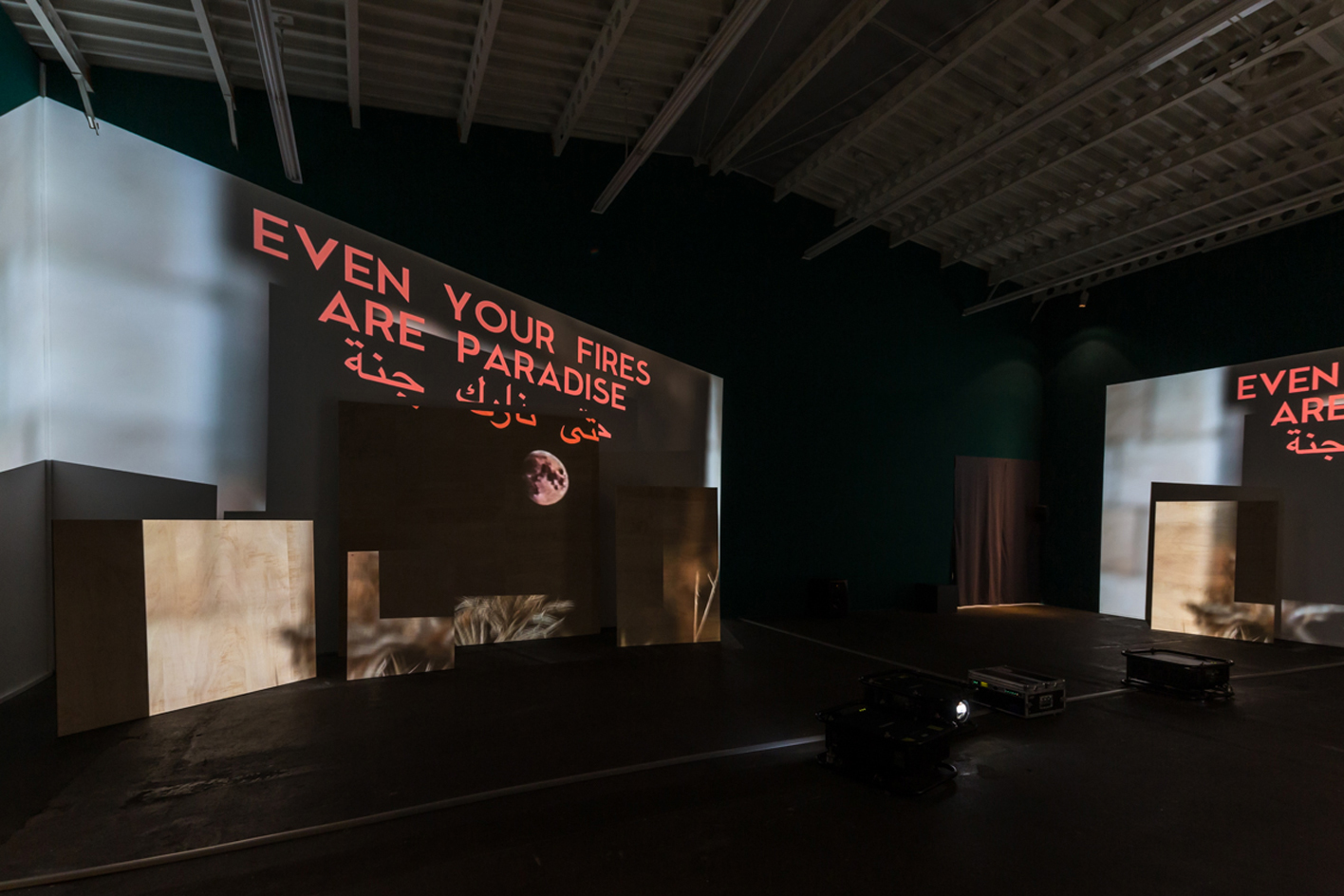
Basel Abbas and Ruanne Abou-Rahme, installation view, 12th Berlin Biennale Hamburger Bahnhof – Museum für Gegenwart – Berlin, 11.6.–18.9.2022.
Created together with an international all-woman curatorial team that includes Ana Teixeira Pinto, Đỗ Tường Linh, Marie Hélène Pereira, Noam Segal, and Rasha Salti, the exhibition is dense and at times, severe; the ills it broaches are manifold and tell a global, interconnected story. Algerian artist Ammar Bouras’ video piece Traces (2022) confronts the lasting, devastating impacts of an explosion that occurred while the French carried out underground nuclear tests in the Algerian desert in 1962.
Elsewhere, Yemen-based artist and filmmaker Asim Abdulaziz’s captivating video work 1941 (2021), is a poignantly poetic meditation on the implications of living in a country ravaged by ongoing war. Across different venues, several artists, including Forensic Architecture, Dana Levy, and the duo Basel Abbas and Ruanne Abou-Rahme look at the asymmetry of the Israeli-Palestinian conflict. Questions of restitution and reparation are tackled head-on, for example in a work by Deneth Piumakshi Veda Arachchige, who found documents, images, and a collection of human remains of her Sri Lankan ancestors in several ethnological museums across Europe. The artist created a life-size 3D print of herself holding a replica skull of an Adivasi man in a work titled Self-Portrait as Restitution – from a Feminist Point of View (2020).
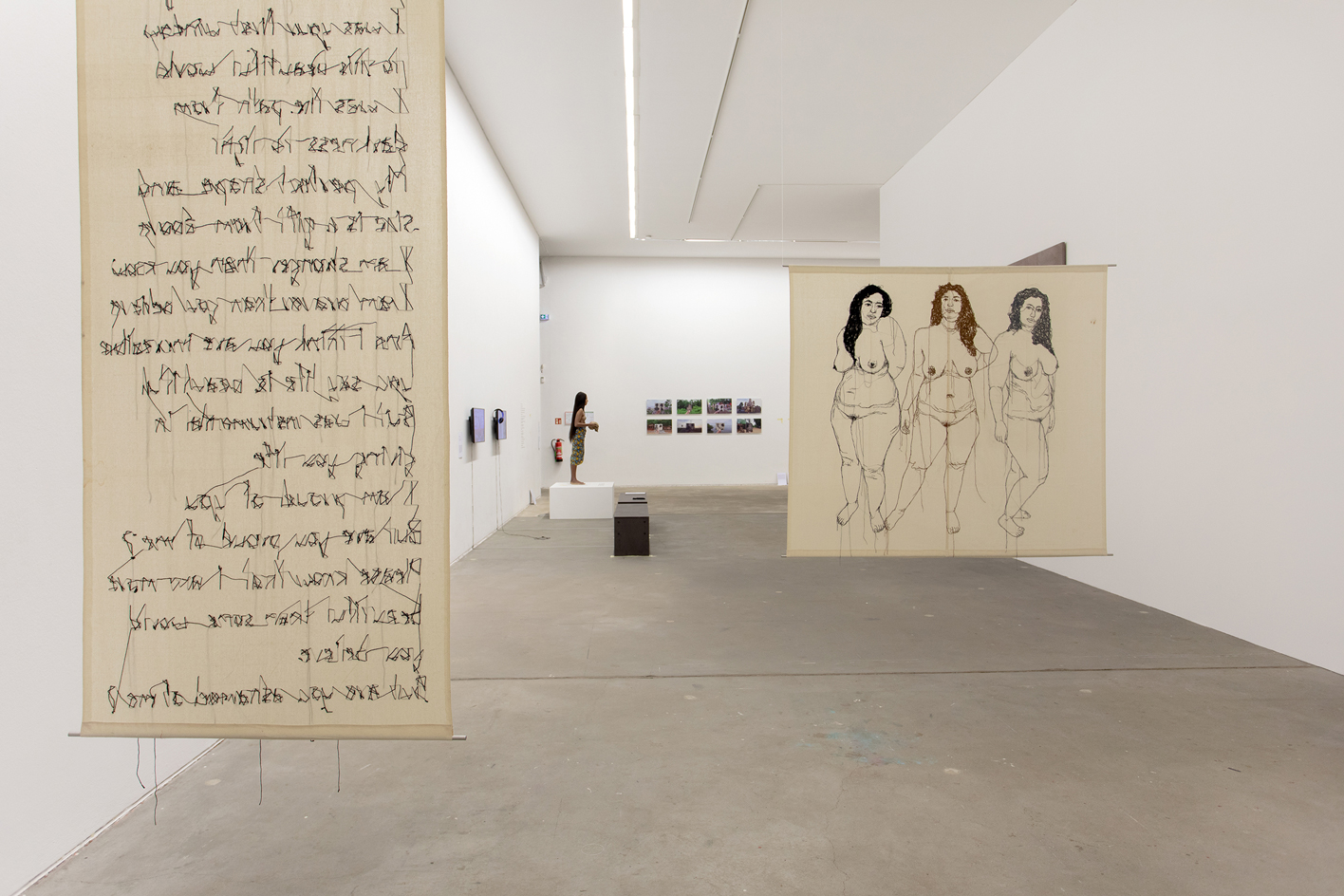
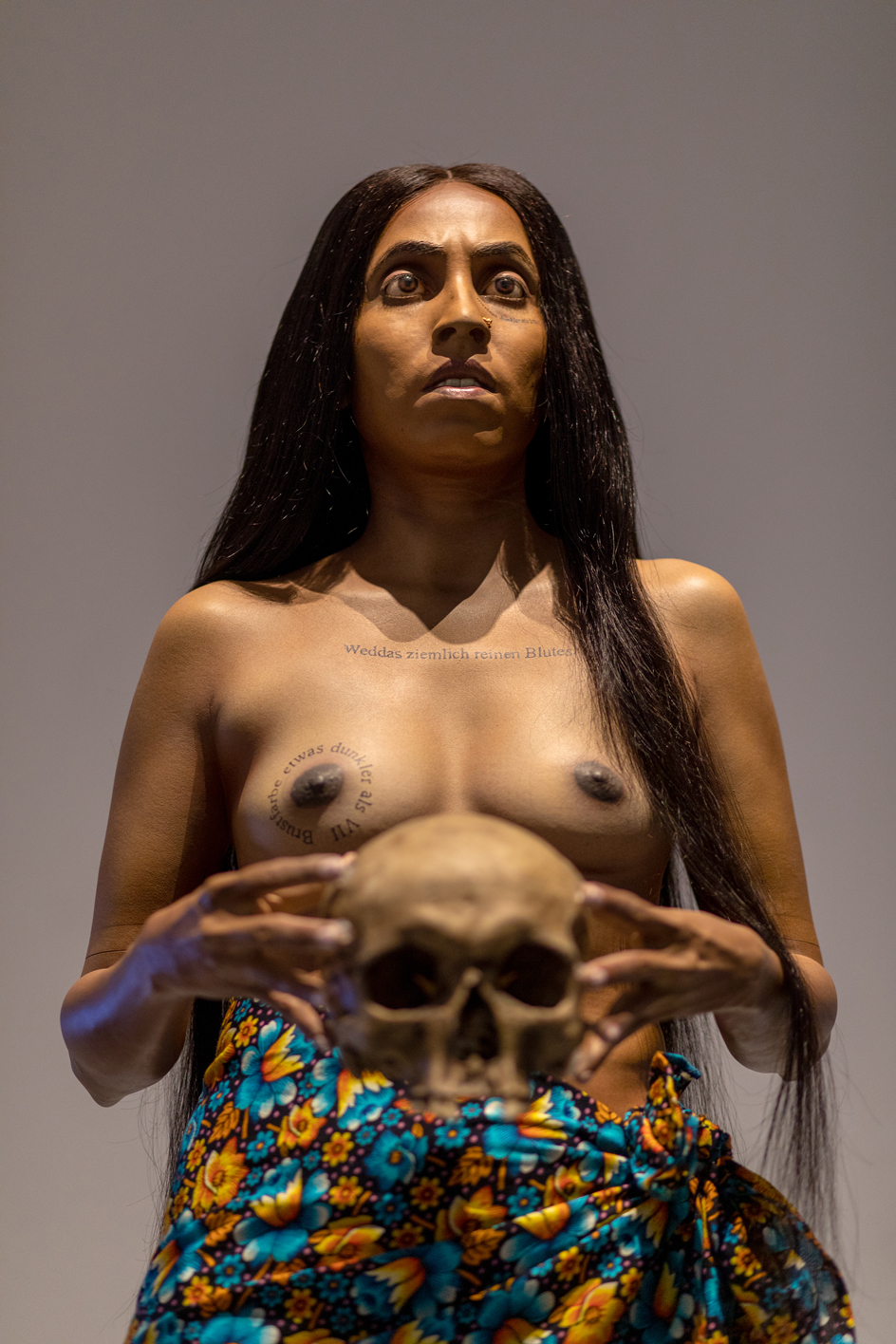
Deneth Piumakshi Veda Arachchige, installation view, 12th Berlin Biennale, KW Institute for Contemporary Art, 11.6.–18.9.2022.
The curators were wise to bring Berlin’s tumultuous history into focus not only through artworks but also with the choice of venues: two of its locations are the Akademie der Künste, which expelled Jewish members from its ranks in 1933. During the Cold War, the academy split into two separate bodies, operating on either side of the Berlin Wall. Another venue is the former headquarters of East Germany’s secret service, the Stasi. (The sprawling complex was featured in the 2006 film The Lives of Others.) Today, it functions as an archive and museum.
A three-channel work by Berlin-based artist Omer Fast is playing on hand-held devices installed inside the museum’s cloakroom. Titled A Place which Is Ripe (2020), the work sharply examines the contested use of surveillance cameras in Germany compared to CCTV in Great Britain, where it is widely accepted. On the museum’s upper floor, a heady video work by Turkish artist Hasan Özgür Top, The Fall of a Hero (2020), shows Islamic State recruitment materials explained – down to the choice of ISIS’ favourite font, Trajan – in an interview with a suspect re-enacted by the artist.
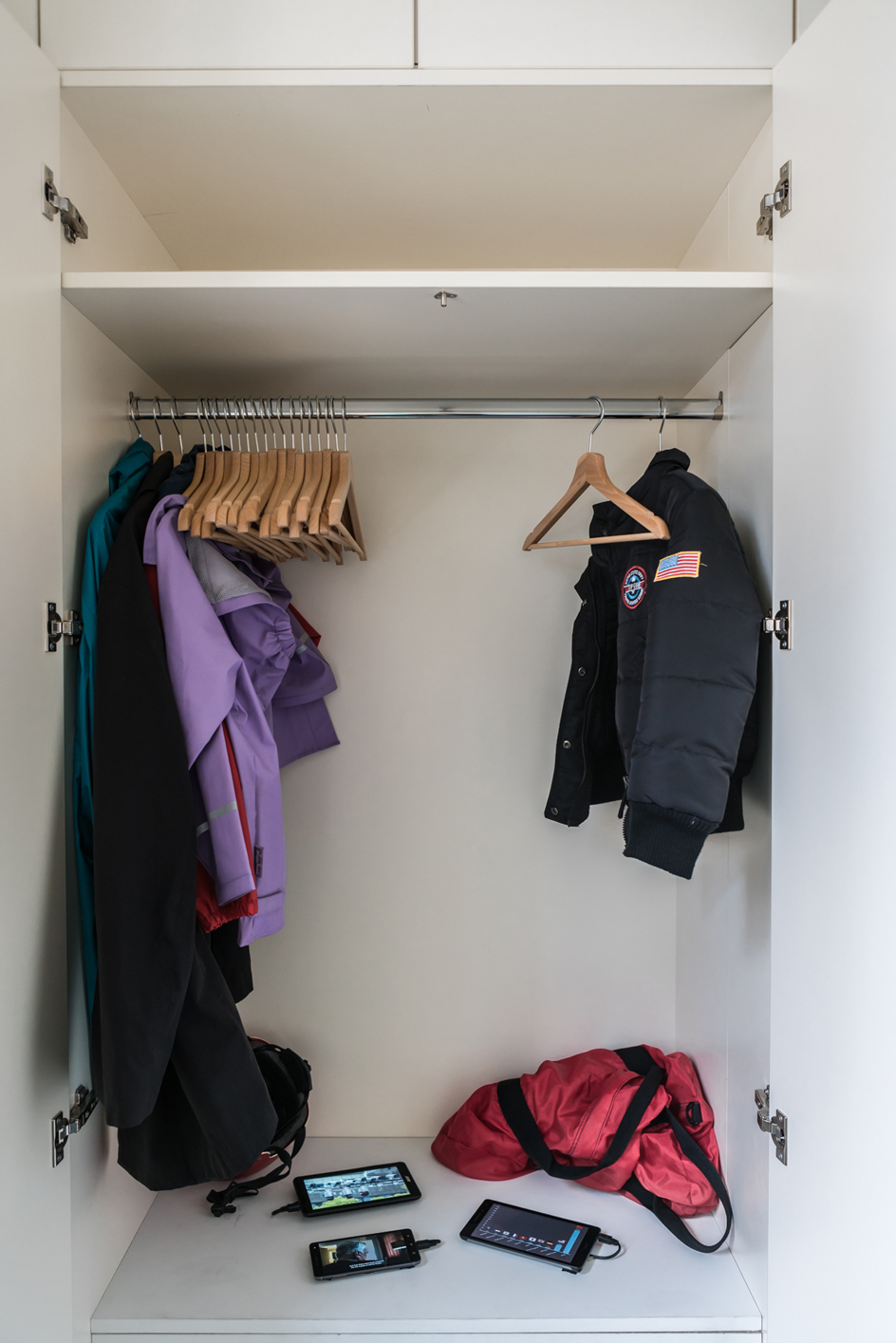
Omer Fast, installation view, 12th Berlin Biennale, Stasi Headquarters. Campus for Democracy, 11.6.-18.9.2022.
Work after work, the cumulative effect and the density of the issues at hand can feel crushing, or worse – the biennial runs the risk of flattening the very harmful mechanisms it seeks to render visible. Thankfully, the exhibition does offer a few artworks that allow the mind to wander into more poetic realms, for instance in two standout video pieces by Vietnamese artist Tuấn Andrew Nguyễn.
Receive our daily digest of inspiration, escapism and design stories from around the world direct to your inbox.
One is titled My Ailing Beliefs Can Cure Your Wretched Desires (2017), which melds mythology, history, and magic realism to speak about our relationship to nature. It is narrated as a dialogue between the last Javan rhinoceros poached in 2010 and a 15th-century sacred turtle whose divine sword is believed to have ended Chinese rule. This and a handful of other works across all venues provide much-needed space for viewers to imbue the works with meaning, or, as Attia put it, ‘to hallucinate worlds in which we can maybe try to exist’.
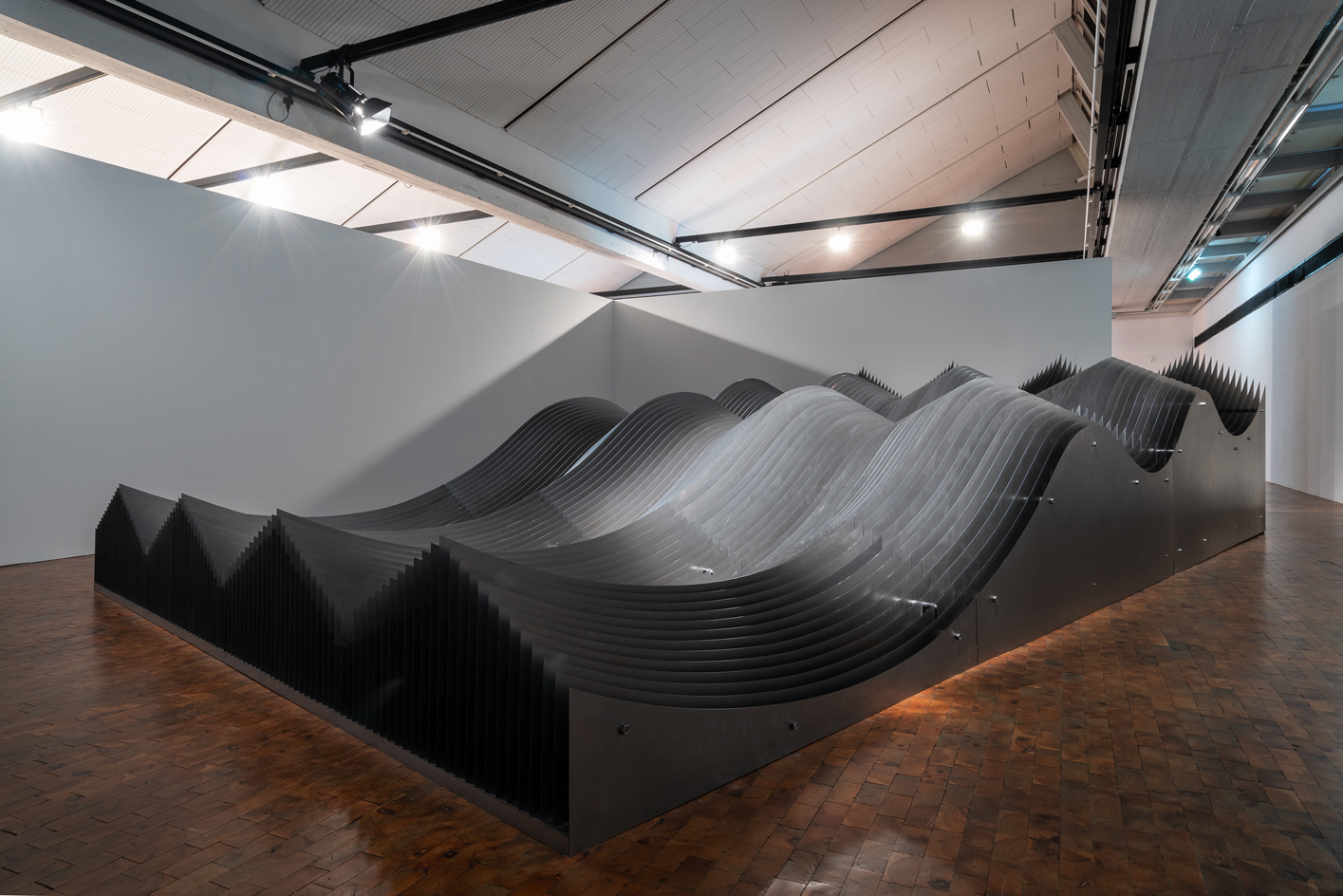
Đào Châu Hải, installation view, 12th Berlin Biennale, Akademie der Künste, Hanseatenweg, 11.6.-18.9.2022.
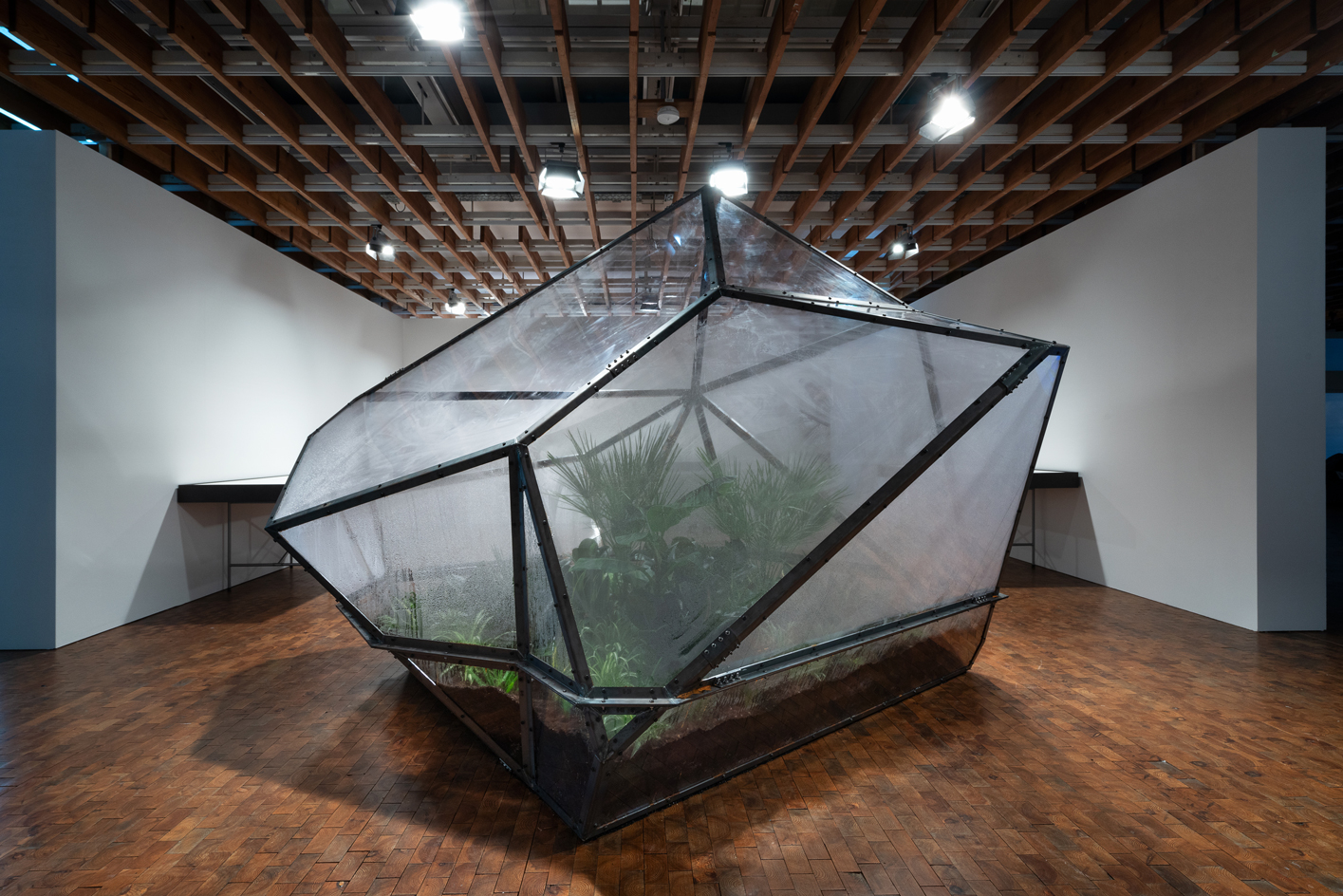
Sammy Baloji, installation view, 12th Berlin Biennale, Akademie der Künste, Hanseatenweg, 11.6.–18.9.2022.
INFORMATION
The 12th Berlin Biennale is on view until 18 September 2022. 12.berlinbiennale.de